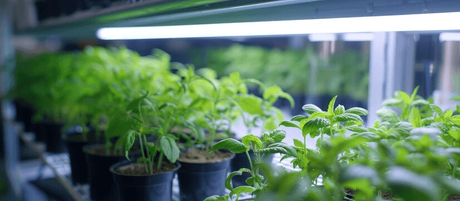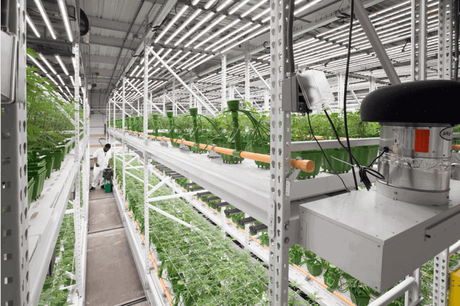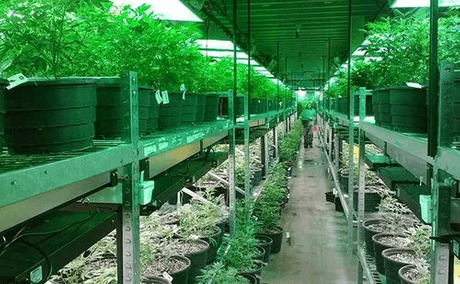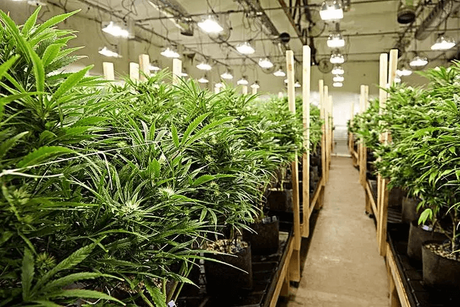Indoor plant cultivation is gaining traction in commercial settings due to various factors such as urbanization, limited outdoor space, and the growing demand for fresh produce. However, successfully growing indoor plants for commercial purposes requires careful consideration of several key factors. In this article, we will explore the seven important things to consider in growing indoor plants for commercial cultivation.
Light: Light is arguably the most critical factor in indoor plant cultivation. Unlike outdoor plants that have access to natural sunlight, indoor plants rely on artificial light sources. When growing indoor plants commercially, it's essential to provide the right intensity and duration of light. LED grow lights are popular choices due to their energy efficiency and customizable spectra, allowing growers to tailor light conditions to specific plant requirements.
Temperature and Humidity: Maintaining optimal temperature and humidity levels is crucial for indoor plant growth. Commercial growers need to invest in climate control systems to regulate temperature and humidity within the ideal range for their plants. Variations outside the optimal range can lead to stunted growth, pest infestations, and diseases, ultimately impacting crop yield and quality.
Air Circulation and Ventilation: Proper air circulation and ventilation are vital for preventing mold growth, maintaining CO2 levels, and strengthening plant stems. Commercial indoor growers should invest in fans and ventilation systems to ensure adequate airflow throughout the cultivation space. Good air circulation also helps distribute heat evenly, preventing hotspots that can damage plants.
Watering and Irrigation: Watering and irrigation practices play a significant role in indoor plant cultivation. Overwatering can lead to root rot and fungal diseases, while underwatering can cause wilting and nutrient deficiencies. Commercial growers should implement automated irrigation systems with timers or moisture sensors to deliver the right amount of water to plants consistently. Additionally, using high-quality potting mixes with good drainage properties can help prevent waterlogging and ensure healthy root development.
Nutrient Management: Indoor plants require a balanced supply of nutrients to thrive and produce high-quality yields. Commercial growers should regularly monitor nutrient levels in the growing medium and adjust fertilizer applications accordingly. Hydroponic systems offer precise control over nutrient delivery, making them popular choices for commercial indoor cultivation. However, soil-based cultivation also requires careful nutrient management to prevent deficiencies or toxicities.
Pest and Disease Control: Pests and diseases can quickly spread in indoor cultivation environments, potentially devastating entire crops if left unchecked. Commercial growers should implement integrated pest management (IPM) strategies that combine cultural, biological, and chemical control methods to minimize pest and disease pressure. Regular scouting, sanitation practices, and quarantine measures are essential components of an effective pest and disease management program.
Space Optimization and Plant Density: Maximizing space utilization and optimizing plant density are critical considerations in commercial indoor cultivation. Growers should carefully plan the layout of their cultivation space to accommodate the desired number of plants while ensuring adequate airflow and light penetration. Vertical farming systems, such as hydroponic towers or stacked shelves, offer efficient use of vertical space and allow growers to scale production vertically, maximizing yield per square foot of floor space.
Conclusion: Successful commercial cultivation of indoor plants requires careful attention to various factors, including light, temperature, humidity, air circulation, watering, nutrient management, pest and disease control, and space optimization. By considering these seven important factors and implementing appropriate strategies and technologies, commercial growers can optimize plant growth, maximize yield, and produce high-quality crops for the market.
 English
English








